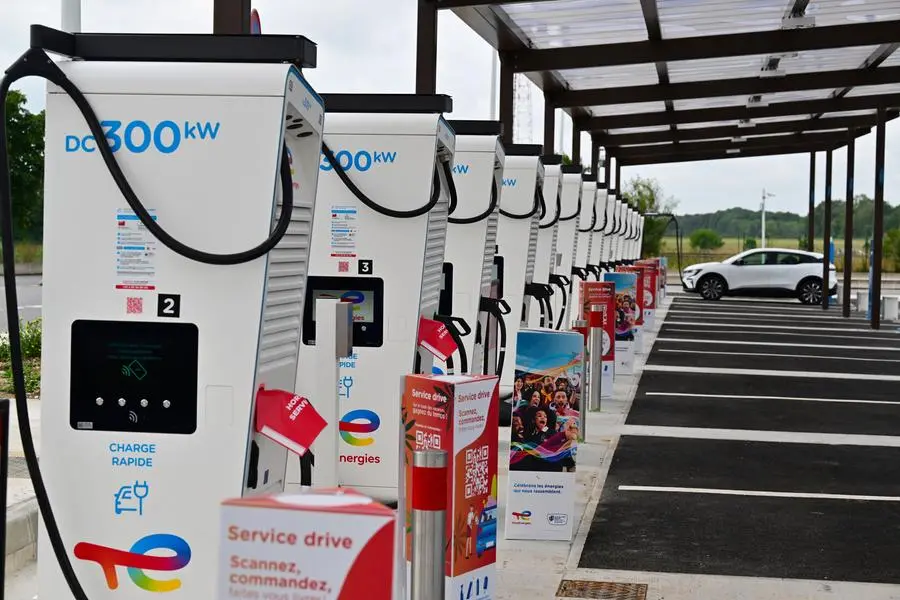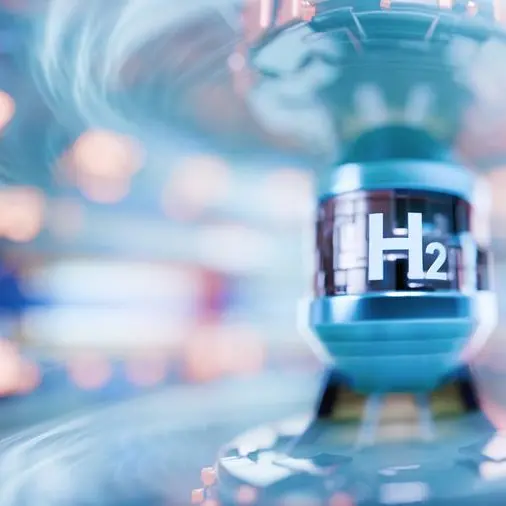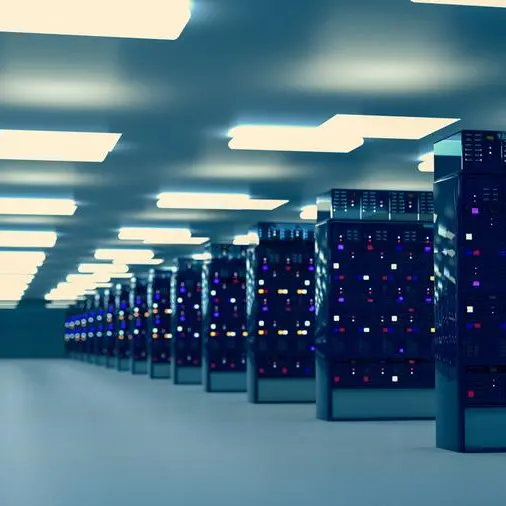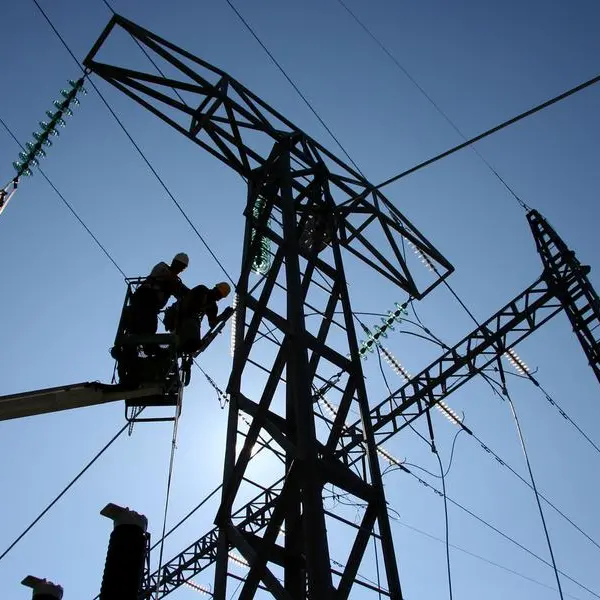PHOTO
The US government gave automakers a reprieve Friday when finalizing electric vehicle tax credit rules, by letting cars that contain Chinese graphite qualify for the consumer credits through 2026.
The confirmation came as the Treasury Department and Internal Revenue Service published final rules on the clean vehicle provisions under President Joe Biden's landmark climate action plan, the Inflation Reduction Act (IRA).
Washington has been seeking to reduce its burgeoning EV industry's reliance on China.
Starting this year, new rules came into effect restricting Chinese content in batteries if they were to qualify for EV tax credits of up to $7,500.
From 2025, a qualifying clean vehicle cannot contain critical minerals from businesses controlled by a "foreign entity of concern" such as China, Russia or North Korea.
But in the final rules, the Biden administration also gave automakers another two years to improve sourcing of materials such as graphite that are considered tough to trace to their origin.
"The final rules being issued today strengthen and secure supply chains and provide certainty for manufacturers and taxpayers," said the Treasury Department.
John Bozzella, president of the Alliance for Automotive Innovation, a Washington lobby representing carmakers, said the rules "appear to recognize the realities of the global supply chain."
He added that they provide "temporary flexibility in terms of where the critical minerals in EV batteries can be sourced."
"That's helpful as more automotive supply chains and battery production is localized to the US and our allies," he said.
But John Moolenaar, chairman of the House Select Committee on the Chinese Communist Party, cautioned that the rule deepens the country's reliance on China, urging the Biden administration to "reverse course."





















